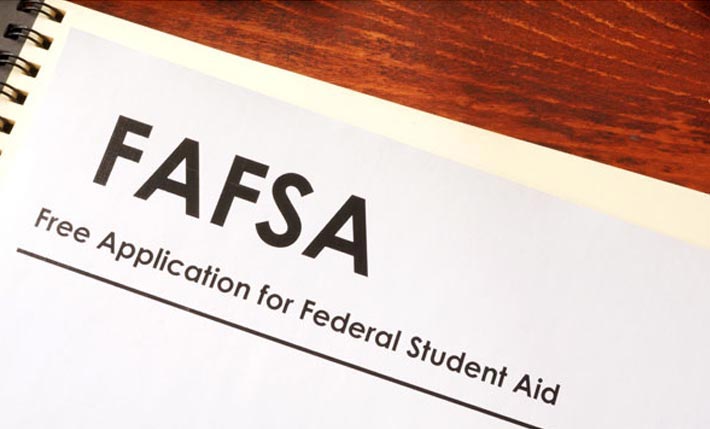Grants vs Loan
Education is an important investment in your future. Although funding your education may seem daunting, it’s important to know from the beginning that financial aid is available to students who qualify and help determining your funding options is available. At Dawn Career Institute, dedicated Financial Aid Representatives will walk you through your options for educational funding and will assist you in completing all the necessary applications and forms. So, take it one step at a time, ask for help when needed, and you’ll be ready to start classes in no time!
Step #1 – Grants
The main difference between grants and loans is that loans require repayment while grants are based on financial need to help fund your education, and do not need to be repaid. Therefore, you want to apply for grants first to see how much you qualify for. The Federal Pell Grant program provides need-based grants to low-income undergraduate students to promote access to postsecondary education.~ Since federal grants are awarded based on financial need, students must complete the Free Application for Federal Aid (FAFSA) to apply.
*You will need this information to complete the FAFSA:
- Your Social Security Number
- Your Alien Registration Number (if you are not a U.S. citizen)
- Your federal income tax returns, W-2s, and other records of money earned. (Note: You may be able to transfer your federal tax return information into your FAFSA using the IRS Data Retrieval Tool.)
- Bank statements and records of investments (if applicable)
- Records of untaxed income (if applicable)
- An FSA ID to sign electronically.
If you are a dependent student, then you will also need most of the above information for your parent(s) or adoptive parent(s).
Once you have gathered all the necessary documents and information, you can complete the FAFSA online. It includes step-by-step instructions and if you have additional questions, a Dawn Career Institute Financial Aid Representative can assist you with the process. Some schools and other local organizations, including Dawn Career Institute, may also award scholarships so it’s important to work closely with your Financial Aid Representative to be sure you investigate all the potential funding for which you may qualify to reduce the overall cost of your education.
Step #2 – Loans
Federal Direct Loans are financial aid that requires repayment. Students must be enrolled a minimum of six credit hours and repayment of the loan generally begins within six months after you graduate or if no longer enrolled as a half time student.
Like Federal Grants, Federal Direct Loans also require you to meet eligibility and financial need requirements so students must also complete the Free Application for Federal Aid FAFSA to apply.
There are also non-Title IV funding that may also be available to you through AmeriCorps, Delaware Department of Labor, Delaware National Guard, or the Division of Vocational Rehabilitation (DVR), Union Education Trust, or Veterans Benefits.
Private loans are an option for some students. For private loans, you will need to demonstrate that you have good credit. Lenders require this to help ensure you pay back your loan. They may ask questions about your income and credit history to assess your creditworthiness and may require a credit-worthy co-signer. Repayment and interest rates vary by loan so it’s important to review and compare loans and utilize all other funding options before moving forward.
The training you’ll receive at Dawn Career Institute is an important investment in your future. Each student’s situation is unique. Our Financial Aid Representatives will work closely with you to determine all of the options available to you to fund your education. For more helpful information and resources visit Dawn Career Institute’s Financial Aid webpage or call 1-302-273-3560 to speak to a Financial Aid Representative.
~https://www2.ed.gov/programs/fpg/index.html
*Federal Student Aid, an Office of the U.S Department of Education, on the Internet at https://fafsa.ed.gov/help/before003.htm (visited November 16, 2020).





